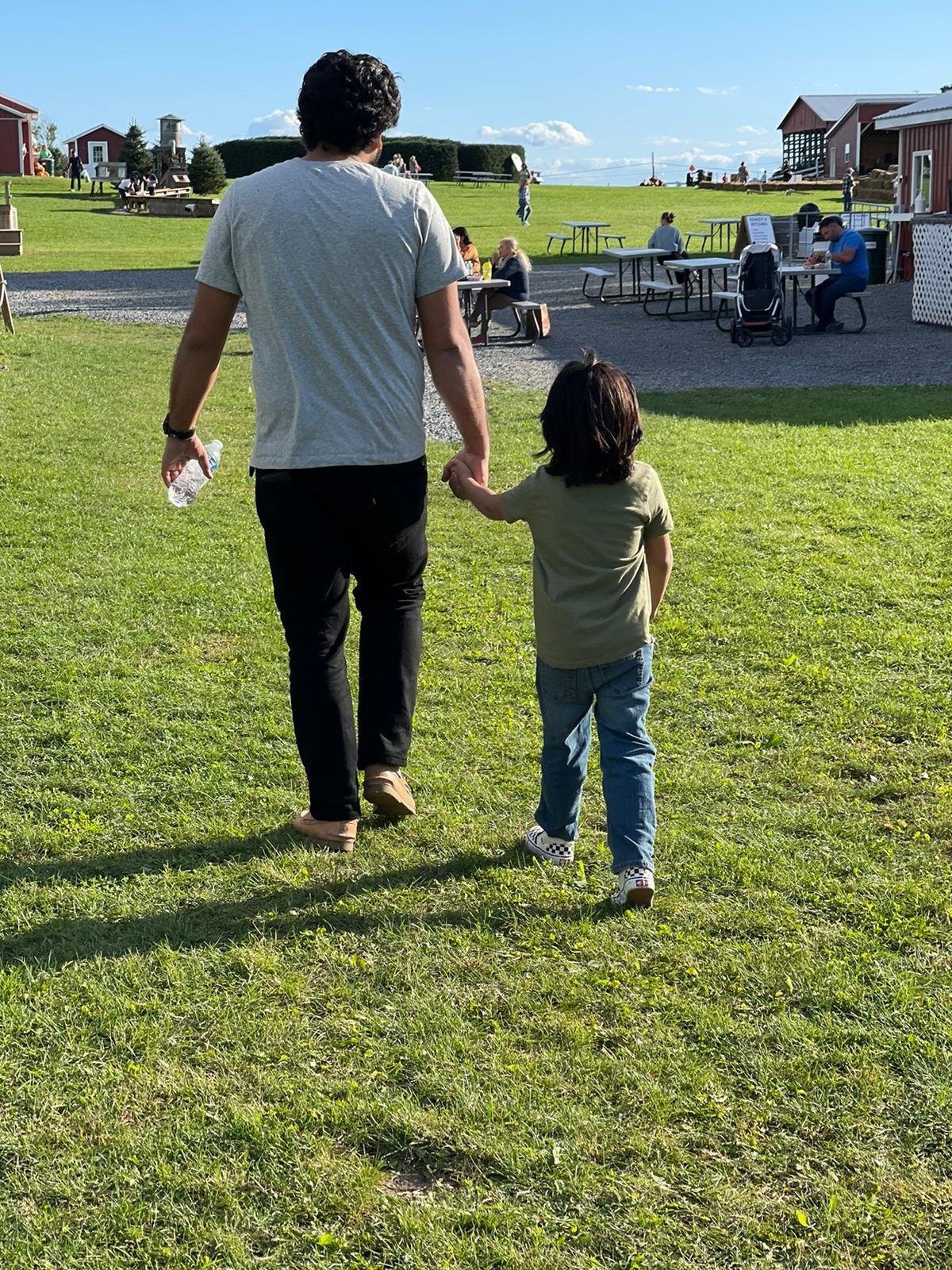Introduction:
Autism isn’t limited by age; it’s a lifelong condition that affects people across their life span. In this blog post, we’ll delve into the unique challenges teenagers with autism face and explore effective strategies to support their development. Understanding these aspects is essential for providing the best assistance to your teenager on the autism spectrum.
Autism in Teenagers: What You Need to Know:
- Autism Persists in Teenage Years: It’s important to note that autism doesn’t suddenly disappear during adolescence. While the symptoms might change, it’s a lifelong journey. Recognizing this fact is the foundation of providing the right kind of support.
- Social Challenges in Teenagers with Autism: Many teenagers with autism grapple with social interactions, and this struggle can intensify during their adolescent years. Making friends, interpreting social cues, and participating in group activities can be particularly challenging. Encouraging the development of social skills is key.
- Communication Hurdles: Teenagers on the autism spectrum may experience difficulties in both verbal and non-verbal communication. This highlights the importance of speech therapy and exploring alternative communication methods where necessary.
Challenges and Strategies:
- IEPs and Tailored Education: Individualized Education Programs (IEPs) can be a game-changer. Collaborate with your teenager’s school to create a personalized plan that addresses their specific learning needs. This could encompass extra classroom support, accommodations, or specialized programs.
- Effective Therapies and Interventions: A variety of therapies, including Applied Behavior Analysis (ABA), speech therapy, and occupational therapy, can greatly assist in skill development and addressing particular challenges.
- Creating a Supportive Environment: Establishing a supportive and understanding home environment is crucial. Encourage open communication, practice patience, and demonstrate empathy. Ensure your teenager has a safe space to express themselves.
- Social Skills Training: Participating in social skills groups and training programs can significantly enhance your teenager’s ability to engage with peers. These structured settings offer valuable opportunities to refine social interactions.
- Transition Planning for Adulthood: Preparing for the transition to adulthood is a critical step. Explore transition programs that help teenagers on the autism spectrum acquire the skills they need for independence, employment, and higher education.
- Advocate for Inclusivity: Actively promote inclusivity in your community, encompassing schools, clubs, and recreational activities. Advocating for inclusivity benefits not only your teenager but also the broader community.
Conclusion:
Teenagers with autism possess unique qualities and capabilities, but they also face distinct challenges. By understanding and supporting them with the right strategies, therapies, and a welcoming community, these young individuals can thrive and reach their full potential. Celebrate their successes and provide them with the tools they need to navigate life successfully. Autism is just one aspect of their identity; it doesn’t define who they are as a person.



